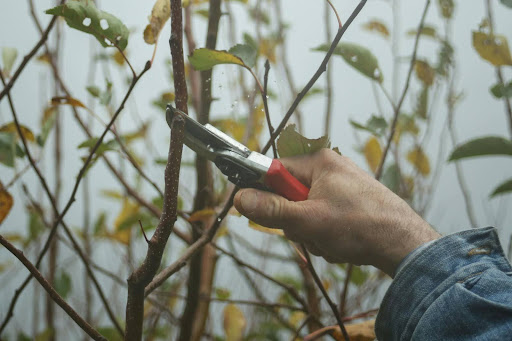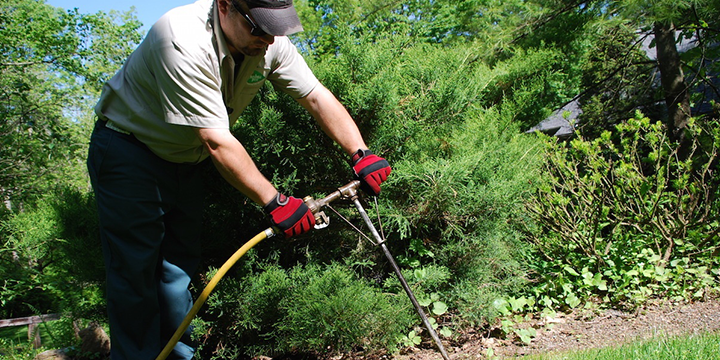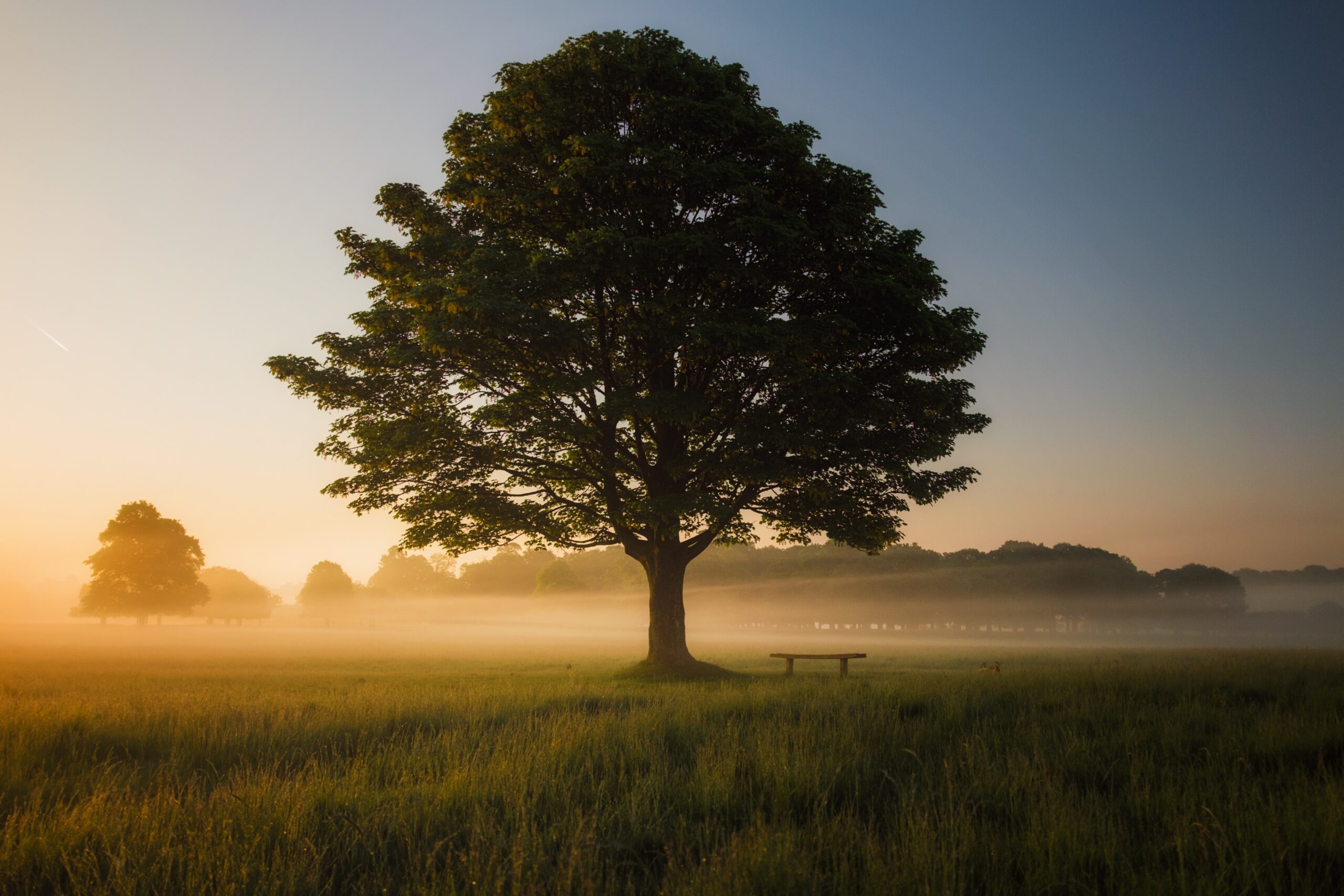Date October 03, 2019
Category
Trees living in harsh conditions need fertilization to help them not to succumb to tree diseases, drought, insects, or ice storms. Tree fertilization further benefits trees in the Dallas/Ft. Worth Metroplex by helping them develop strong root systems to get moisture and nutrients deep underground.
5 Reasons Why Your Denton County Trees Need Fertilization
Tree fertilization isn’t a cure-all for every tree problem. However, trees in Denton, Double Oak, and Flower Mound need fertilization to help them thrive during hot, dry summers and new construction.
Here are five reasons why your trees need fertilization:
- A soil test reveals that the soil is low on nitrogen, potassium, or phosphorous. Since Dallas and Denton counties’ soils tend to be iron-deficient, a soil test will also reveal whether iron needs to be added too. Tree fertilizer also contains required minerals, such as calcium, magnesium, and sulfur.
- Your trees are showing signs of decline because of insects or diseases, such as
- Pale green leaves
- Small leaves
- Reduced leaf growth
- Branch dieback (where branches and twigs stop growing, and there are no leaves)
- Dead branch tips.
- Trees damaged during construction. Don’t fertilize construction-damaged trees until the root system recovers and re-establishes itself. But fertilization will then help your trees recover from construction and soil compaction.
- All North Texas trees need fertilization once a year unless they’re getting fertilization from your lawn. Grapevine and Lewisville trees experience environmental stressors, such as droughts and ice storms. So, these trees need fertilization to survive these environmental stressors.
Yet, if your lawn gets regular fertilizer treatments, your trees benefit from it. You don’t want to give your trees too much fertilizer.
Read more: Denton and Tarrant counties Local Post Oak and Jack Oak Trees Are in Danger.
- Tree fertilization works best when the right fertilizer is applied at the right time and in the right amount.
While Collin and Tarrant counties’ trees need extra nutrition to survive some extreme weather conditions, fertilizing these trees won’t solve the root of your trees’ problem.
For example, trees planted too close to a building or trees not adapted to North Texas won’t survive—even with the best fertilization treatments. Instead, you need a certified arborist to diagnose your trees and recommend a course of treatment.
Remember… Tree Fertilizer Isn’t Tree Food
Fertilization acts as a vitamin and mineral treatment for trees. Trees make their own food through photosynthesis, and these added nutrients help them with the process.
You’ll find that tree fertilization is beneficial when a tree needs it. Conversely, if you fertilize a tree that doesn’t need fertilizer, you’ll notice a quick growth spurt. But it won’t strengthen the tree … instead, the growth spurt will be short-lived.
Cultural Practices Also Help Trees
While tree fertilizer helps your trees stay healthy and robust despite environmental stressors, how you treat your Ft. Worth trees affects their survival rate.
For example, trees need to be planted where their root systems can spread out. Remember, a tree’s root zone extends outward toward the tree canopy. When trees are planted too close to a home or to other trees, their roots will fail to develop as they should.
Next, if you over water or underwater your trees, they’ll have a hard time flourishing and withstanding Dallas’ hot, dry summers or its damaging ice storms.
Finally, make sure you plant trees that can handle the North Texas climate. The Texas Tree Selector, from Texas A & M Forest Service, is an excellent tool to see what trees do well in Dallas/Ft. Worth area. It also lists the trees’ moisture and drainage needs.
Watch more: You can learn more about tree care in these videos.
Why You Need Treenewal’s Certified Arborists to Fertilize Your Ellis County Trees
If your trees are showing signs of distress, you need Treenewal’s certified arborists who’ll test your soil and apply the right fertilizer formula to the root zone.
When our arborists visit your property, they’ll first diagnose your trees—what minerals and nutrients are missing from the soil.
Next, we calculate the type of fertilizer that your trees need. And we’ll aerate your trees’ roots, which means we use a tool to create holes throughout the root zone.
These holes allow the roots to draw in more oxygen as well as it allows us to apply our MitoGrow™ Pellet 3-1A. This pellet is a sustained release, the rooting hormone that slowly releases IBA (Indole-3-butyric acid) into the root zone.
IBA assists in tree root growth. And MitoGrow™ is a fertilizer amendment that helps the tree grow and increase their root mass by 50%.
Why does this matter? Because your tree’s roots will go deep into the soil for moisture and nutrients. This ability helps your Texas trees survive environmental stressors.
Deeper tree root systems help your trees survive North Texas’ harsh climate as well as make them more resistant to disease and insect infestation.
If your Parker or Wise County trees look like they need a boost of nutrition, call us today at 817-533-8438 or fill our contact form.
Based in Argyle and Southlake, TreeNewal services the following counties in the Dallas/Fort Worth Metroplex: Collin, Dallas, Denton, Ellis, Parker, Tarrant, and Wise.
Sources:
The Morton Arboretum, “Fertilizing.”
Texas A & M Agrilife Extension, “Tree Care Kit.”
Welsh, Douglas and Janne Everett, “Fertilizing Woody Ornamentals.”







